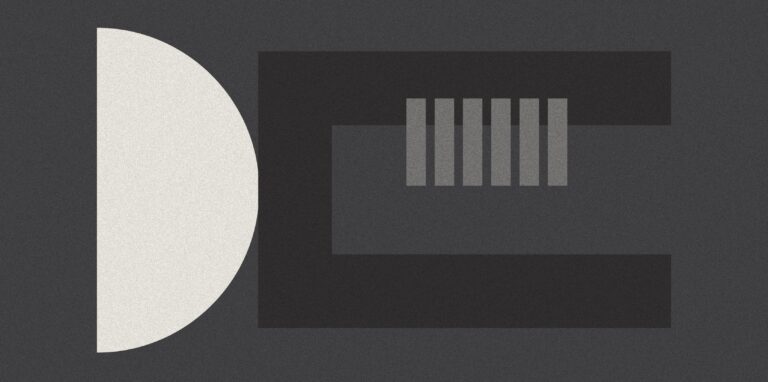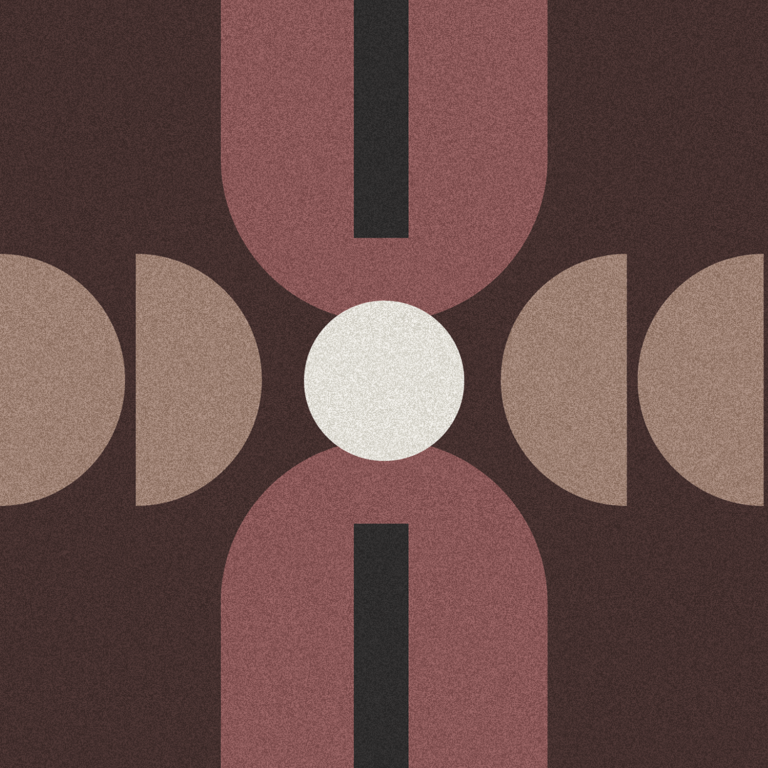Critical Thinking and Hope
With Maria Popova
“Critical thinking without hope is cynicism, but hope without critical thinking is naïveté. I try to live in this place between the two to try to build a life there.”
Question to Live
What shifts when I get curious about the difference between critical thinking, cynicism, and hope? |
| Integration Step
Notice in your day when “hope inspires the good to reveal itself.” |
| Heart of the Matter
Maria Popova offers an invitation to practice that is akin to the practice of the previous session. It’s another move towards getting proximate: “What do I agree to attend to and notice?” Another muscle suggested by Maria is to interrogate yourself when you have a cynical reaction, and wonder how you might be protecting yourself with that reaction. It is, after all, a reaction you may have been trained to have. Is there a different move you could make, even just flexing that muscle of curiosity that lives so close to the muscle of hope? That Emily Dickinson line that comes to us through Anne Lamott is also such a gift here: “Hope inspires the good to reveal itself.” If you’re going through your days practicing hope, notice when that happens — when an orientation of hope inspires the good to reveal itself. |

Transcript
Krista Tippett: Welcome to session two of this course on hope as a muscle. You’re here because you want to cultivate your highest capacities and gifts to meet this moment in the life of the world — this moment in your life. And you want to do that as a matter of the everyday and to grow, alongside others.
I’ve been so aware, as we described and planned and shaped the arc of this course on hope, that we have to face and name and take seriously, right up front, the skepticism about hope that is alive in our culture. And it’s understandable in part because we’re working with too small a definition of hope. But we are — we’re educated in this culture to think; to be critical thinkers. And it’s not just that there’s an inclination to put someone like Bryan Stevenson, whose life is so drenched in hope, up on a pedestal. But there’s also an inclination to imagine that it’s not even reasonable or rational to assume that most of us could live that way.
I was wired that way for a long time, certainly in college and in my early years as a journalist and a diplomat. In a lot of our culture, the opposite of hope — cynicism — is what is respectable. So I love the way hope surfaced in my conversation with Maria Popova, how she turns these understandings of hope and cynicism on their heads.
You may know BrainPickings, which is her invention and labor of love online. It reaches millions of people with old-fashioned wisdom, I would say, presented in new-fashioned ways. There’s really nothing more intellectually rigorous in the digital sphere, or more intellectually hospitable. Maria cross-pollinates between philosophy and design and physics and poetry and the scholarly and the experiential. And she cross-pollinates between our generation and time and those who came before us. So listen to a little bit of my conversation with her.
Tippett: You know, I do feel that there’s a real quality in you as a human being, which comes through in your work, of — and this is how it came to me, when I was trying to put it into words — intellectual confidence and generosity.
Popova: Oh, that’s such a lovely thing to say. Thank you. I would like for it to be true, one day. It’s a good thing to aspire to. It’s beautiful.
Tippett: So if I use that phrase to describe you, and if I ask you now, do you think there’s a philosophy in you about that that, of course, you will refine throughout your life?
Popova: Well, there are certain core beliefs, I guess, that — well, OK, let’s go with that. I mean, I think a lot about this relationship between cynicism and hope. And critical thinking without hope is cynicism, but hope without critical thinking is naïveté. And I try to live in this place between the two to try to build a life there, because finding fault and feeling hopeless about improving our situation produces resignation, of which cynicism is a symptom and against which it is the futile self-protection mechanism.
But on the other hand, believing blindly that everything will work out just fine also produces a kind of resignation because we have no motive to apply ourselves toward making things better. And I think in order to survive, both as individuals and as a civilization, but especially in order to thrive, we need to bridge critical thinking with hope.
Tippett: You, in the Literary Jukebox, you quoted Anne Lamott. She’s actually talking about something Emily Dickinson said — that “hope inspires the good to reveal itself.” And to me, that speaks to the cultivation of hope as a way to move through the world, which you talked about a little while ago — meeting the information that comes our way with something robust and complicated, called hope. What did you say — hope with its critical faculties intact?
Popova: [laughs] Yeah, and I think — the thing is, I don’t think hope is a baked-in faculty that you’re born either with or without. It’s a conditioned response.
So I think, you know, we never see the world exactly as it is, because we are how the world is. Was it — I think it was William James who said, “My experience is what I agree to attend to. And only those things which I notice shape my mind.” And so in choosing how we are in the world, we shape our experience of that world, our contribution to it. We shape our world, our inner world, our outer world. And that’s not an exasperating idea but an infinitely emboldening one. And it’s taken me many years to come to that without resistance.
[music]
Tippett: Another thing that Maria talks about, looks for, in BrainPickings, is where can we find what is both timely and timeless? — and that there’s something we do in our culture, there’s something that happens in journalism, there’s something that happens in the internet that what is most recent always rises to the top, and we lose our ability to distinguish between what is urgent right now and what is important in the grand scheme of things.
So I think all of these thoughts, these offerings from Maria Popova, offer an invitation to practice that is akin to the practice of the previous session. It’s another move around getting proximate. As she said, “What do I agree to attend to and notice?”
I think another question, another muscle that is suggested by Maria, is to interrogate yourself when you have a cynical reaction, and wonder how you might be protecting yourself with that reaction — that reaction that you have absolutely been trained to have. Is there a different move you could make, even just flexing that muscle of curiosity that lives so close to the muscle of hope?
I also love that question, that Emily Dickinson question that came to us through Anne Lamott through Maria Popova: “Hope inspires the good to reveal itself.” If you’re going through your days practicing hope, I think something exciting could be to notice when that happens — when that orientation of hope inspires the good to reveal itself.
Part 1 of this session is, again, this place to ritualize and ground your holding of these questions. And I hope you’ll also listen to Part 3, which is actually a section of a conversation I had with Maria Popova together with an astrophysicist, Natalie Batalha. And it gets into the connection between hope and cynicism and, also, the soul. There is an incredible thing that Maria wrote that I ask her about in this lovely conversation that was live onstage with Natalie. Maria wrote, “Cynicism is a hardening, a calcification of the soul. Hope is a stretching of its ligaments, a limber reach for something greater.”
Enjoy all of that. And I’ll see you next time.
